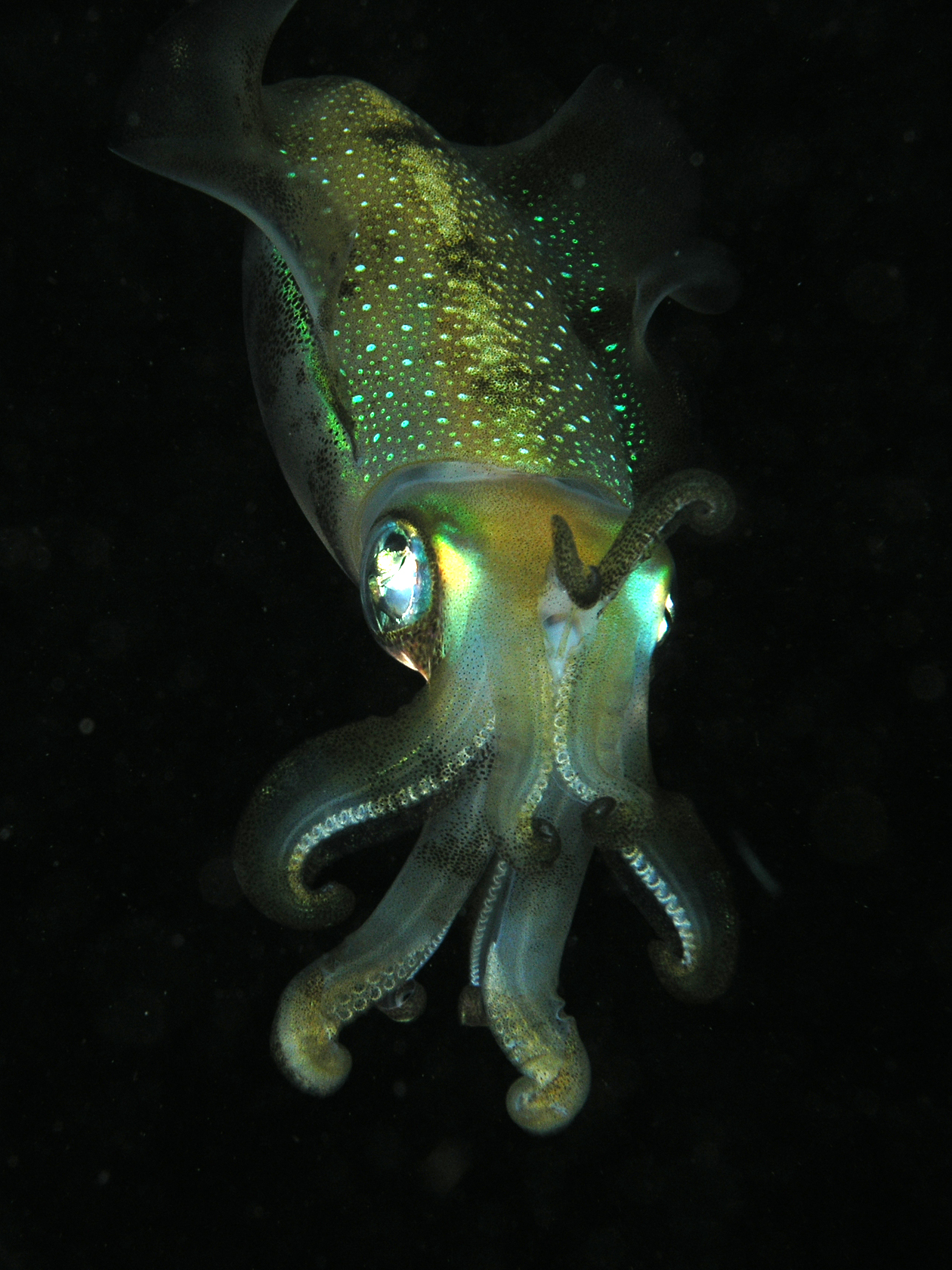|
Rinay
Rinay is a malacological museum of natural history in Baku, Azerbaijan. It is also the first private museum in the country. The museum exhibits approximately 5,000 clam shells (the shells of bivalve molluscs) from 86 genera worldwide.''Yol'' magazine, N4 (8), 2007, pp. 40, 44 The museum also displays hundreds of fossil clam shells. Some of these were obtained by exchange from the Austrian, Canadian, Argentine, Spanish, German, Ukrainian, Russian, Turkish and Indonesian paleontological university museums. The basis for the museum collection was laid down in the early 1930s by Sadykh Karayev, an Honored Engineer and Honored Inventor of the USSR. Karayev's clam shell collection was preserved by his wife Prof. Jeyran Ibadova, and was transferred from Rinay to the History Museum of Azerbaijan in June 2007. Sadykh Karayev's son Tofik Karayev continued the effort to improve his father's collection. T. Karayev previously worked at the Geological Institute of the Academy of Sciences of ... [...More Info...] [...Related Items...] OR: [Wikipedia] [Google] [Baidu] |
Malacology
Malacology is the branch of invertebrate zoology that deals with the study of the Mollusca (mollusks or molluscs), the second-largest phylum of animals in terms of described species after the arthropods. Mollusks include snails and slugs, clams, and cephalopods, along with numerous other kinds, many of which have shells. One division of malacology, conchology, is devoted to the study of mollusk shells. Malacology derives . Fields within malacological research include taxonomy, ecology and evolution. Applied malacology studies medical, veterinary, and agricultural applications; for example, mollusks as vectors of disease, as in schistosomiasis. Archaeology employs malacology to understand the evolution of the climate, the biota of the area, and the usage of the site. In 1681, Filippo Bonanni wrote the first book ever published that was solely about seashells, the shells of marine mollusks. The book was entitled: In 1868, the German Malacological Society was founded. Zoologica ... [...More Info...] [...Related Items...] OR: [Wikipedia] [Google] [Baidu] |
List Of Natural History Museums
This is a list of natural history museums, also known as museums of natural history, i.e. museums whose exhibits focus on the subject of natural history, including such topics as animals, plants, ecosystems, geology, paleontology, and climatology. Some museums feature natural-history collections in addition to other collections, such as ones related to history, art and science. In addition, nature centers often include natural-history exhibits. Africa Algeria * Beni Abbes Museum (Musee de Beni-Abbes), Béni Abbès Angola * National Museum of Natural History of Angola (Museu Nacional de História Natural de Angola), Luanda Botswana *Botswana National Museum, Gaborone Egypt *Egyptian Geological Museum, Cairo * Alexandria Aquarium Museum, Alexandria Ethiopia * Zoological Natural History Museum, Addis Ababa Kenya * Kitale Museum, Kitale * National Museums of Kenya, Nairobi Mozambique * Museu de História Natural de Moçambique, Maputo Namibia *National Earth Science Muse ... [...More Info...] [...Related Items...] OR: [Wikipedia] [Google] [Baidu] |
Fossil Museums
A fossil (from Classical Latin , ) is any preserved remains, impression, or trace of any once-living thing from a past geological age. Examples include bones, shells, exoskeletons, stone imprints of animals or microbes, objects preserved in amber, hair, petrified wood and DNA remnants. The totality of fossils is known as the ''fossil record''. Paleontology is the study of fossils: their age, method of formation, and evolutionary significance. Specimens are usually considered to be fossils if they are over 10,000 years old. The oldest fossils are around 3.48 billion years old to 4.1 billion years old. Early edition, published online before print. The observation in the 19th century that certain fossils were associated with certain rock strata led to the recognition of a geological timescale and the relative ages of different fossils. The development of radiometric dating techniques in the early 20th century allowed scientists to quantitatively measure the absolut ... [...More Info...] [...Related Items...] OR: [Wikipedia] [Google] [Baidu] |
Shell Museums
Shell may refer to: Architecture and design * Shell (structure), a thin structure ** Concrete shell, a thin shell of concrete, usually with no interior columns or exterior buttresses ** Thin-shell structure Science Biology * Seashell, a hard outer layer of a marine animal, found on beaches * Eggshell * Nutshell * Exoskeleton, an external covering of some animals ** Mollusc shell *** Bivalve shell *** Gastropod shell ** Shell, of a brachiopod ** Turtle shell Physics and chemistry * Electron shell or a principal energy level of electrons outside an atom's nucleus * Nuclear shell model, a principal energy level of nucleons within an atom's nucleus * On shell and off shell, quantum field theory concepts depending on whether classical equations of motion are obeyed Mathematics * Spherical shell Organisations * Shell plc, a British multinational oil and gas company ** Shell USA ** Shell Australia ** Shell Canada ** Shell Nigeria * Shell corporation, a type of company that serves as ... [...More Info...] [...Related Items...] OR: [Wikipedia] [Google] [Baidu] |
Science Museums In Azerbaijan
Science is a systematic endeavor that builds and organizes knowledge in the form of testable explanations and predictions about the universe. Science may be as old as the human species, and some of the earliest archeological evidence for scientific reasoning is tens of thousands of years old. The earliest written records in the history of science come from Ancient Egypt and Mesopotamia in around 3000 to 1200 BCE. Their contributions to mathematics, astronomy, and medicine entered and shaped Greek natural philosophy of classical antiquity, whereby formal attempts were made to provide explanations of events in the physical world based on natural causes. After the fall of the Western Roman Empire, knowledge of Greek conceptions of the world deteriorated in Western Europe during the early centuries (400 to 1000 CE) of the Middle Ages, but was preserved in the Muslim world during the Islamic Golden Age and later by the efforts of Byzantine Greek scholars who brought Greek man ... [...More Info...] [...Related Items...] OR: [Wikipedia] [Google] [Baidu] |


